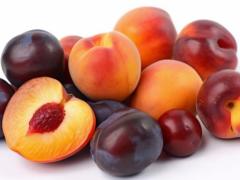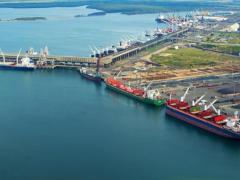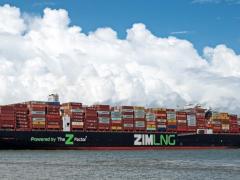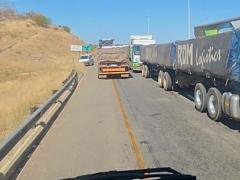Concerns have intensified in the UK that the country could become a “dumping ground” for consumer imports produced by forced labour – termed “slave-made goods” in some circles.
The concerns were raised following a dramatic surge in air cargo routes from China’s Xinjiang region.
According to analysis by the Uyghur Human Rights Project (UHRP), air freight connections between Xinjiang – where an estimated one million Uyghurs are detained in camps and prisons – have rapidly expanded to include more than a dozen cities across Europe.
The UHRP has flagged London, Bournemouth and Cardiff as some of the locations for landed “slave goods”.
Since June 2024, nine cargo airlines have initiated direct freight routes into Europe.
By May this year, air freight from Xinjiang had increased to more than 40 weekly flights.
UHRP’s report warns that this growth has effectively created a direct trade artery from a region accused by human rights advocates of state-backed forced labour and atrocity crimes.
The cargo transported along these routes includes textiles, footwear, electronics, agricultural products, auto parts and e-commerce goods – sectors in which forced labour has been documented.
These routes are part of China’s Air Silk Road initiative under the Belt and Road strategy – designed to integrate Xinjiang more strongly into global markets by positioning the city of Ürümqi, capital of the autonomous north-west region of Xinjiang, home to China’s ethnic Uyghur minority, as a logistics hub.
While Chinese officials promote this expansion as economic integration, critics – particularly Western human rights advocates – warn it risks embedding undetected forced labour products within UK and European supply chains.
In the UK, this trend has triggered political calls for urgent investigation. David Alton, Chair of the British Parliament’s cross-party Joint Committee on Human Rights, has pressed the government to scrutinise cargo arriving from Xinjiang at key airports, citing fears that “slave-made goods” may be reaching UK markets undetected.
Specifically, three new cargo routes were established between Xinjiang and the UK between August and December 2024 – connecting Ürümqi with Bournemouth (from August 22), Cardiff (from October 11) and Stansted (from December 17).
These links reportedly carry e-commerce consignments, including clothing.
Alton’s committee has reportedly considered summoning freight operators to Westminster to give evidence. Meanwhile, UK Border Force does not routinely inspect incoming cargo for forced-labour content, highlighting a significant enforcement gap.
The government points out that, while such checks are not systematically conducted, intelligence-sharing with law enforcement is ongoing, and businesses are urged to monitor supply chains and issue annual statements under Section 54 of the Modern Slavery Act.
Adding legal weight to these concerns, the Court of Appeal ruled in June 2024 that the National Crime Agency (NCA) acted unlawfully by refusing to investigate imports of cotton products suspected of being made by forced Uyghur labour.
As a result, the NCA must re-examine its stance. This ruling established that goods potentially linked to forced labour can be treated as “criminal property” under the Proceeds of Crime Act.
A Parliamentary inquiry into forced labour in UK supply chains revealed that the existing statutory framework is failing. Reports cited evidence linking over 100 consumer brands to forced labour, ranging from electronics to textiles.
The inquiry found it includes the UK’s £26 billion worth of imports from high-risk sectors such as garments, electronics and fish.













